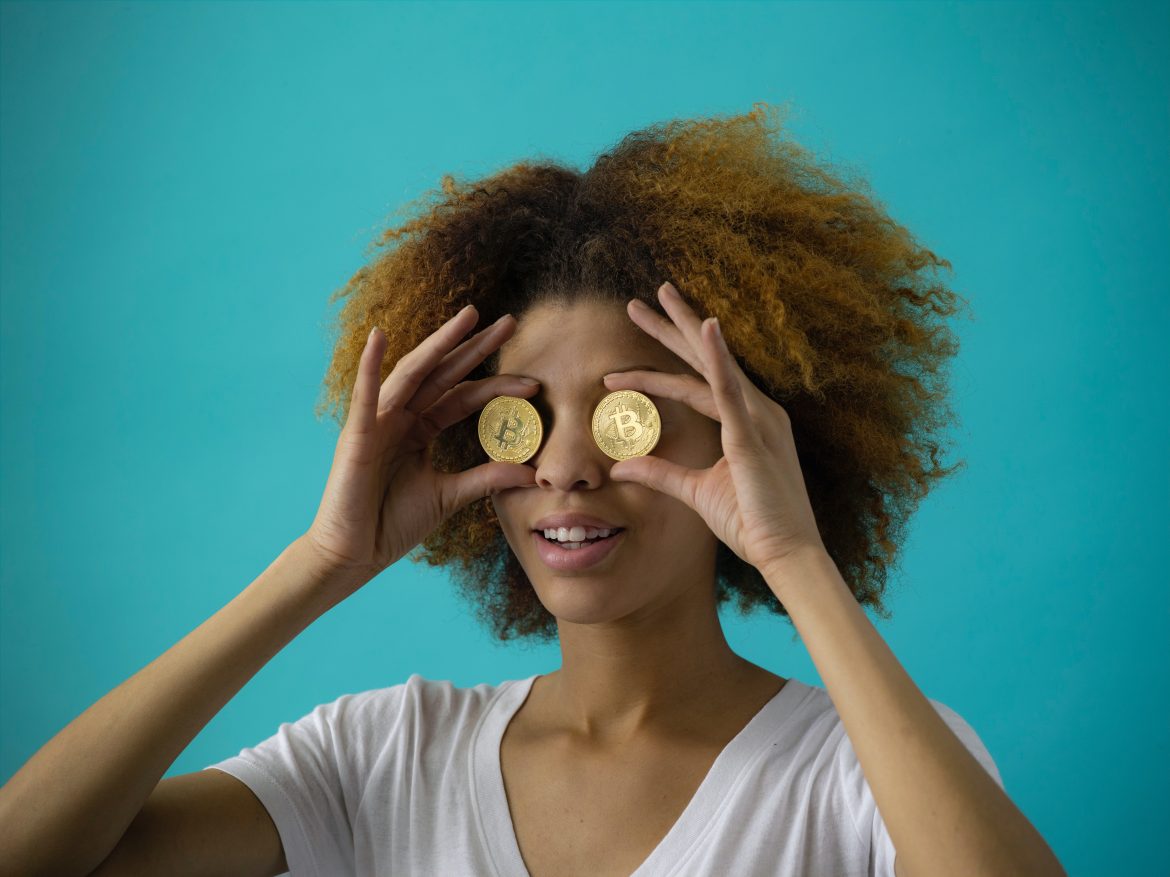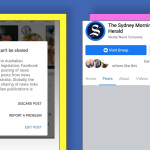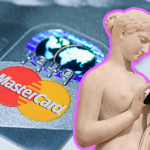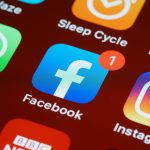When Kings of Leon announced they would release their next album as an NFT, what had previously been a niche cryptocurrency concept launched into mainstream discussion. And that discussion was essentially: what are NFTs? You’ll be able to find the answer to that anywhere on the Internet, but this is truly an Explainer for dummies… in that it’s written by an actual dummy. We’re not tech experts, nor finance experts, and we’ll use as little jargon as possible (a big problem in many of the other articles out there).
If you’re still interested to know more about cryptocurrency and NFTs after digesting this Explainer, check out the links at the end to content we found interesting. But first, the absolute basics…
Seriously, what is a ‘non-fungible token’?
NFT stands for non-fungible token. It is a unique ‘token’ or ‘identifier’ that represents a digital asset – if you buy an NFT, you own it. You own the digital asset.
A ‘fungible’ asset means that each version has an identical value and is interchangeable. For example, cash is fungible. All $2 coins hold the exact same value, no matter which coin you have. Even special coins honouring a commemorative date are worth the same as the plain coins. One $2 can be exchanged for another, and could also be exchanged for two $1 coins or four 50c coins. They all have a fixed value.
But non-fungible assets are unique, so cannot be interchanged like fungible assets. In this way it’s more like art – Da Vinci’s ‘Mona Lisa’ cannot be exchanged for Van Gough’s ‘Starry Night’ even though they are both rare and iconic paintings. The value of a non-fungible asset is also fluid. It’s more similar to the stock market in this way – the value of each individual unit can go up and down depending on various circumstances.
So, in one sentence: NFTs are unique, digital tokens that represent ownership of a completely digital asset.
NFTs are generated by blockchains. A blockchain is a public, electronic and permanent record of digital transactions which is super secure because it’s managed by lots of servers run by different people in different locations. That makes a blockchain hard to hack, hence why the technology has been primarily used for cryptocurrency. Understanding blockchain is somewhat of a side quest, though – Investopedia has a guide that’s relatively easy to understand.
The WarNymph collection debuts tomorrow! https://t.co/LuIK70aErF
— Nifty Gateway (@niftygateway) February 28, 2021
How do NFTs work?
Basically, you can buy them and sell them. It’s investing – again, like the stock market or the art market – only everything is completely digital. The process of buying and selling takes place in online marketplaces designed specifically for these transactions. Kind of like eBay, but specifically for NFTs.
Let’s use an example for clarity. Say Taylor Swift announces she has a never-released single from Folklore that didn’t make the album. It’s an MP4 audio file the public has never heard before. If she generates an NFT for that single, you and the millions of Swifties out there could buy it off her by purchasing the NFT.
If she generates one single NFT, only one person can buy it. This would most likely be done as an auction to get the highest price, like Grimes did recently for digital art.
However, Swift could also sell multiple units of the song. She might generate 1000 NFTs to sell to 1000 people. Each person would own a unique ‘unit’ of that single, even though they all sound the same. Think of this like buying numbered prints of an artwork – still limited edition, but it’s cheaper than buying the one original piece.
Just like any other asset you might keep it or decide to sell it at some point in the future, for a price ideally higher (but potentially lower) than what you paid for it.
Related Posts
Once you buy an NFT, do you completely own the digital asset it represents?
It depends. There will be terms around the purchase, just like there is with physical property or copyright.
To continue with our Tay Tay example, if she dictates that the buyer will have full ownership of the single then it’s all yours to use as you wish. That’s an unlikely situation though.
It would be more likely that she sells with special conditions that let her retain the copyright. It’s like when you buy a song on Apple Music – your ‘ownership’ allows you to listen to it as much as you like, but you can’t license that song to be used in a movie. The original copyright still remains with the Swift/her record label.
And there is always the issue of ‘illegal’ or unauthorised downloading of digital content. But just like with IRL art, the value comes from owning the original or authorised version – unauthorised copies are worthless.
@zhangsta pt. 3 Why NFTs are big for artists ##nft ##art ##cryptoart ##crypto ##rarible ##superrare ##btc ##graphicdesign ##designer ##digitalarttiktok ##collectibles
♬ Blade Runner 2049 – Synthwave Goose
Why are people excited about NFTs?
While NFTs are in the very, very early stages of viability, it’s getting people excited. It could become a way to value and invest in digital assets and intellectual property, as our lives become increasingly digital.
While digital art is the most common example, it could put a concrete value on any type of digital content. That could be appealing to artists and digital creators, whose work has largely become undervalued by the Internet.
CEO of YellowHeart, the blockchain company that generated the NFTs for Kings of Leons’ next album, Josh Katz explained to The Rolling Stone how it might work in the music industry. While the digital age has seen the value of music come right down – you pay just $12 a month to Spotify to access almost all music, full stop. But by using NFTs, Katz says “in the future, I think this will be how people release their tracks. When they sell 100,000 at a dollar each, then they just made $100,000.”
While the music application mirrors how we can buy digital music already, this could expand to buying a bespoke image from your favourite creator, influencer or photographer; a clip from your favourite YouTube video; or maybe owning a story by Zee Feed 😉
As the NFT space develops, it could open up funding and revenue streams for digital creations in really interesting ways… but we’re not there yet.
Are there any issues with NFTs?
Oh definitely. Here are just a few – although there are many more issues, including suggestions NFTs are being used for money laundering.
- Founder of cryptocurrency Litecoin, Charlie Lee says that because NFTs are so cheap to produce (the token, not the art itself) you could produce infinite tokens – and if supply overwhelms the demand, the value will plummet and the whole sector could collapse
- Blockchain technology consumes a huge amount of energy – raising questions about its viability if the future of the world requires sustainable solutions
- Copyright laws become incredibly complicated – the law can barely keep up with the digital world as it is, let alone these new developments…
While it’s a fascinating concept to watch unfold, we wouldn’t recommend diving in until you’ve done lots more research than reading this Explainer.
Further beginner-level research:
- Why NFTs Are Attracting Everyday People to Crypto on Unconfirmed podcast
- What is an NFT – and Should You Buy One? On Forbes
- How NFTs Became Art, and Everything Became NFTs on Coindesk
- Browse r/ethereum on Reddit










